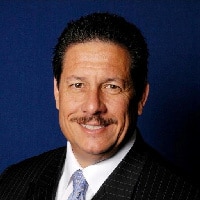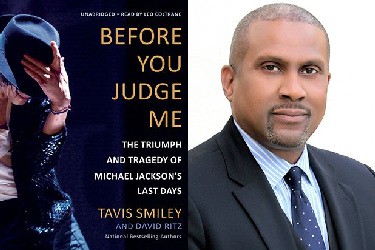Caribbean region’s “Heroic” effort on security threats cited
By: Eric Green
WASHINGTON – Caribbean leaders are making “heroic” efforts in “standing up” to security threats in their region, says Thomas Shannon, assistant secretary of state for Western Hemisphere Affairs.
While lacking sufficient resources and training to eliminate these threats, the Caribbean nations have scored some victories in the fight against terrorism, drug trafficking, organized crime, the movement of illegal weapons and trafficking in people, Shannon told reporters at a June 21 briefing at the State Department.
Shannon pointed to U.S.-Caribbean cooperation as a vital element on the security front. For example, he said “excellent” law enforcement assistance from Guyana as well as Trinidad and Tobago to the United States helped break up a terrorist plot to bomb John F. Kennedy International Airport in New York. Several of those implicated in the plot were from those two Caribbean nations.
In addition, U.S.-Caribbean security cooperation during the 2007 Cricket World Cup, held in eight Caribbean nations, highlighted the importance of working together, Shannon said.
To help ensure safety for that March 13-April 28 event, which attracted hundreds of thousands of cricket fans from throughout the world, the State Department’s Bureau of Diplomatic Security provided Caribbean officials seven security training courses and specialized equipment valued at more than $100,000.
Speaking the day after President Bush’s meeting with the leaders of a 15-nation bloc of Caribbean states called CARICOM, Shannon praised the Caribbean’s “strong commitment” to democracy and market economies.
Shannon said these leaders recognize that for their region to “survive and maintain its identity,” the various Caribbean countries must cooperate politically and “integrate” economically, which is manifested by the region’s move to a single market and economy. Shannon indicated such a move will improve the Caribbean nations’ ability to compete in the global market.
The Bush administration is working with the U.S. Congress to renew and update the Caribbean Basin Initiative, which provides duty-free access of many Caribbean goods to the United States, said Shannon. He added that the United States also seeks to help the Caribbean grow by revitalizing its economy through strengthened tourism and services industries.
Shannon said the “Conference on the Caribbean — A 20-20 Vision,” held in Washington June 19-21, added clarity to the Caribbean nations’ drive for social equality and reducing poverty. Improving education in the Caribbean is a major part of that effort, especially in science and technology, he said.
The United States is helping Caribbean education through its program called the U.S. Centers for Excellence in Teacher Training, Shannon said. The program has helped about 12,000 Caribbean teachers improve the quality of their classroom reading instruction.
The Bush administration also provides $1 million for another program in Haiti that helps Caribbean criminal deportees from the United States readjust to life in their native land. The program emphasizes that those deported to Haiti are not security risks. Shannon said he hopes the program can be expanded to Jamaica, Guyana, Trinidad and Tobago, and other Caribbean countries.
The Bush administration’s efforts in the Caribbean have been “quite striking,” said Shannon, with U.S. aid to the region since 2001 moving from about $58 million per year to more than $300 million per year. One focus of aid, he said, is the President’s Emergency Plan for AIDS Relief (PEPFAR). That 15-nation plan includes Guyana and Haiti.
Haiti and Guyana are in PEPFAR, said Shannon, indicates that the United States understands the “kind of challenges” the Caribbean faces, and its “willingness … to put significant resources” into the region.


